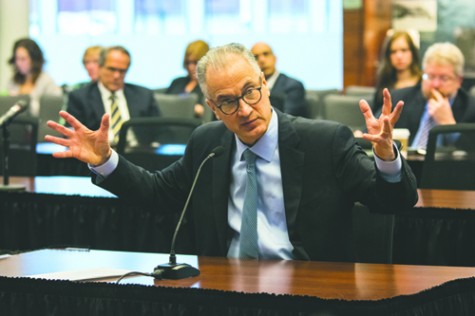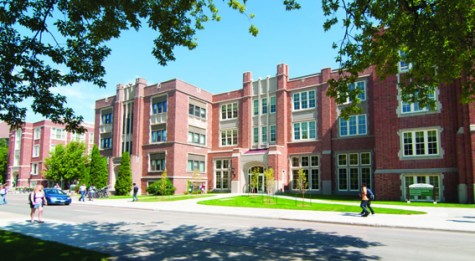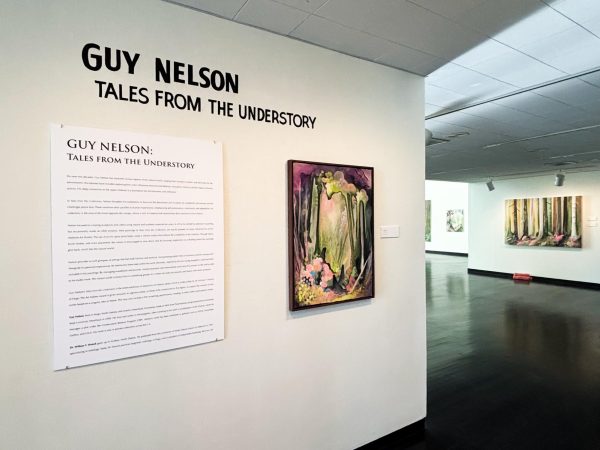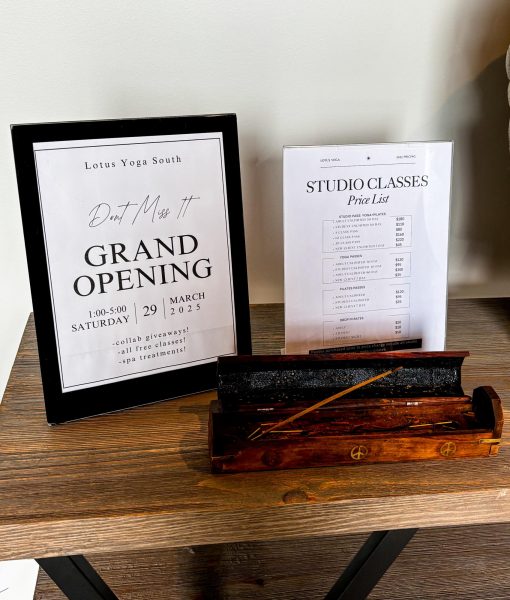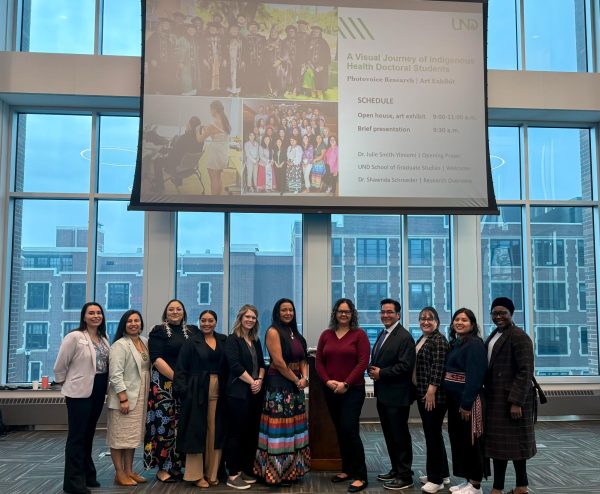ISP’s path to a major
The Integrated Studies Program at UND is now providing a pathway to a major in the interdisciplinary studies department. Historically, this program has been geared toward first-year students, providing them a small classroom size and a discussion-based environment where they can fulfill some of their required general education courses.
The ISP program began as a way to help students understand how their general education connected to real world issues and problems. It was originally centered on four essential studies semester-long classes, founded on the principals of encouraging student engagement with their peers, placing an emphasis on critical thinking, real world application and interdisciplinary integration.
This contrasts with the traditional, auditorium-type lecture format which most general studies classes have used in the past.
“We now have the opportunity for students to take [the core classes] and some of our upper level courses, which remain very interdisciplinary, very student-centered, very connected to the real world,” said Tami Carmichael, Director and one of the professors in ISP, said in regards to the new ISP-centric pathway to an interdisciplinary studies degree.
This program will celebrate its 30th anniversary in October and has many notable alumni, including successful musicians, lawyers, teachers and international diplomatic staff as well as writers for the Dakota Student.
“Now we’re seeing a wave across the country emphasizing the use of the flipped classrooms and creating scaffolded leaning. In Integrated Studies, we’ve been doing that for over 20 years. The idea that we could construct a learning space around the learning needs of the students is something we’ve been doing for a long time,” Carmichael said in regards to the recent increase in discussion centered classroom and interdisciplinary focus which has been spreading throughout academia.
The full year, twelve-credit, four class setup is not the only option for those interested in this alternative to the traditional route. ISP now allows for higher-level and auxiliary classes to be taken, such as fine arts, science lab and a one credit book club.
“We build the curriculum around the students’ needs and the students’ interests, it’s not the opposite. We’re very invested in student-first education,” Carmichael said.
Carmichael cited the success rate they have in creating successful students as well, explaining that ISP students have higher grade point averages by the end of their first semester than their peers at UND or sister institutions, as well as a higher retention rate going into their sophomore year. Carmichael also mentioned that there is data showing “statistically significantly higher” student engagement throughout their respective institutions.
“We think this kind of learning is important and we can show that it works,” Carmichael said, and she has the supportive alumni to back up this assertion as well.
“I made my lifelong college friends there,” said senior ISP alumni Amanda Leone, “and the fact that it was a discussion-based class made it more interesting and made people more involved in the material. I’ve been able to implement what I’ve learned in that class into other coursework and everyday life. It was great.”
Many other ISP alumni have voiced their support of the program and the value it brings to the university, making the availability of a pathway to a major all the more impactful for those who are aware of it.
According to the UND website, “Inter-disciplinary Studies graduates are complex problem solvers and this degree signals to employers that they are adept at thinking about issues from many perspectives, have learned to think critically and creatively, and have a broad understanding of many fields. This is a major that stands alone or is easily paired with other majors.”
Interdisciplinary studies, which stems from ISP, has become increasingly more and more relevant with many other areas within UND following suit, including the Jodsaas Center, which integrates engineering and entrepreneurship.
The integrated studies program is currently open for enrollment in the fall semester.
David Satre is the news editor for The Dakota Student. He can be reached at david.satre@und.edu


